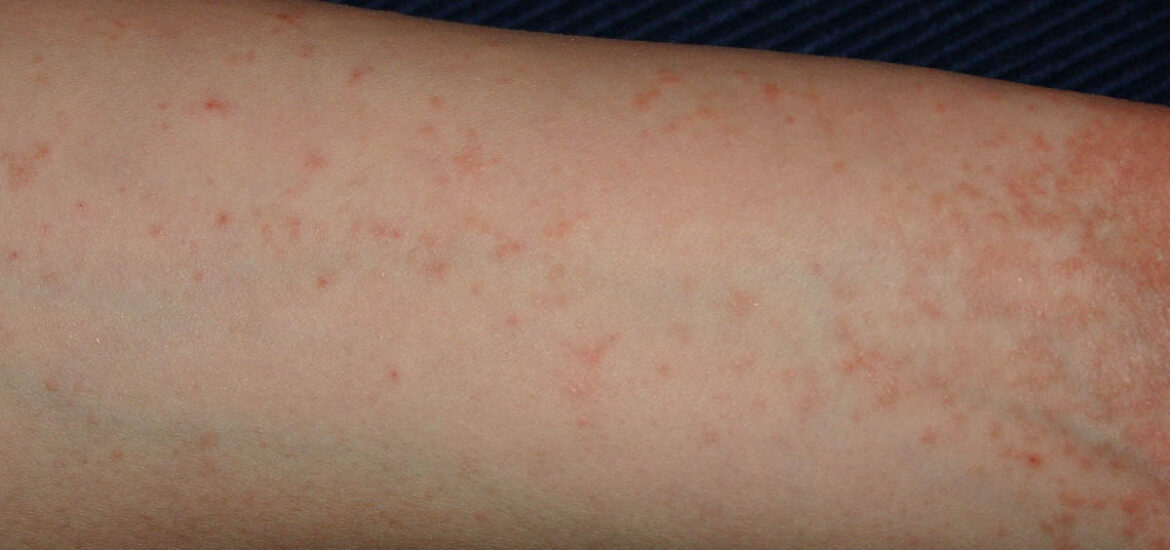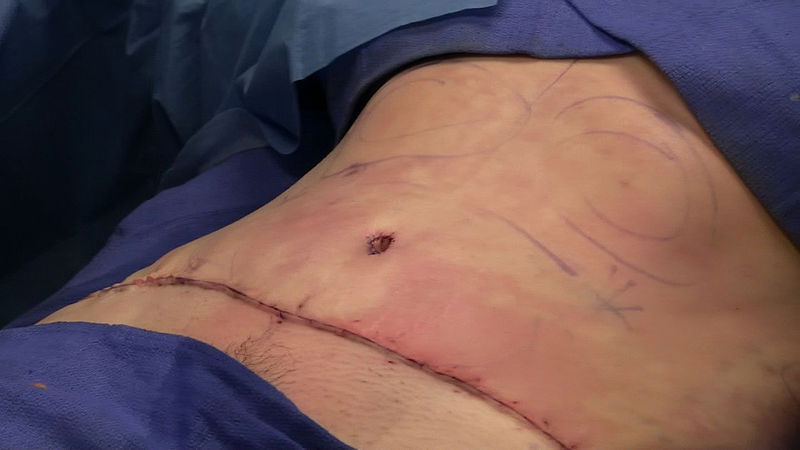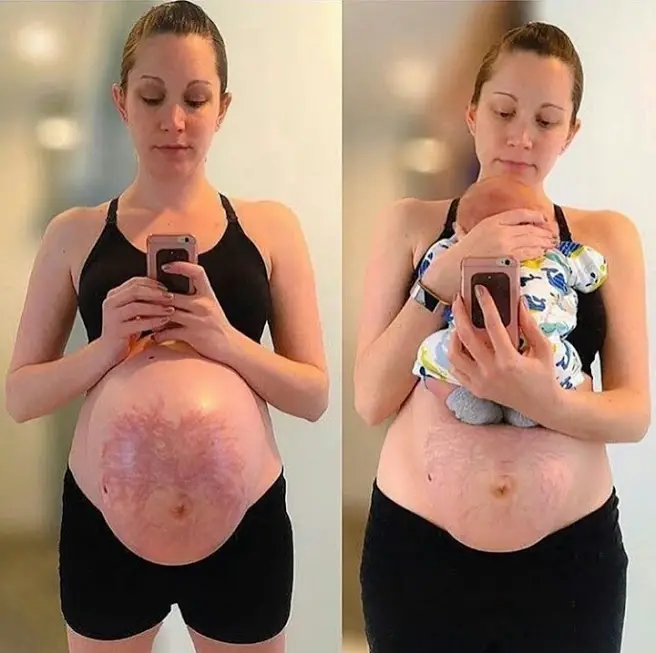If you’re experiencing skin irritation after epilation, you’re not alone. Many encounter this after-effect, and it can indeed be daunting for newcomers. This guide is crafted to offer detailed steps to not only alleviate the symptoms but also prevent them, ensuring a more comfortable epilation experience.

Table of Contents
Why Does Skin Irritation Occur After Epilation?
Understanding the underlying causes of skin irritation post-epilation is the first step in managing it. Epilation involves the removal of hair from its root. This direct action often agitates the skin’s outermost layers.
According to DermNet, such hair removal methods can result in redness, bumps, minor inflammation, and in some cases, itchiness. Factors such as skin sensitivity, technique, and the type of epilator can influence the severity of irritation.
Steps to Alleviate Skin Irritation After Epilation
Soothing the irritation is paramount, and here’s a more detailed approach to ensure your skin feels calm and rejuvenated post-epilation:
Cold Compress: Applying a cold compress can provide immediate relief by numbing the area and reducing inflammation. Ensure you wrap the ice or cold pack in a thin cloth to prevent frostbite. Leave it on the affected area for 15-20 minutes. MedicalNewsToday attests to its effectiveness.
Aloe Vera: A renowned natural remedy, aloe vera gel can offer a cooling and healing effect. It’s essential to use pure aloe vera gel, which is free from added fragrances and colors. Gently apply and let it sit for 30 minutes before rinsing. The anti-inflammatory properties of aloe vera are supported by a study on NCBI.
Over-the-counter creams: Consider creams with ingredients like calamine or hydrocortisone. They can help reduce redness and itching. Always patch-test a small area before widespread application.
If you’re dealing with any other issues after epilation, this article: Skin After Epilation [Care/Problems & Remedies] has remedies to such issues.
How to Avoid Skin Irritation After Epilation
Prevention can make your subsequent epilation sessions much smoother. Here’s how you can mitigate the risks:
Exfoliate Before Epilation: Dead skin cells can trap hairs, leading to painful ingrown hairs post-epilation. Regular exfoliation, ideally 24 hours before epilation, can prevent this. Use a gentle exfoliant scrub or a body brush, as suggested by Healthline.
Test a Small Area: If you’re using a new epilation method or device, always test a discreet patch first. This can help you gauge your skin’s reaction and adjust accordingly.
Use Quality Epilators: High-quality epilators often come with varied speed settings and attachments suited for different body parts. They can offer a gentler pull, reducing the chances of severe irritation.
The Braun Epilator Silk-épil 9 9-720 on Amazon is an example of a high-quality epilator.
Epilation Technique: Ensure the skin is taut while epilating and always move the epilator in the direction of hair growth. This reduces the chance of hair breakage and subsequent irritation.
Check out these other related articles…
Skin Care After Epilation: Your Ultimate Guide
What to Do After Epilation: Detailed Steps for Optimal Skin Care
Red Bumps on Skin After Epilation: Causes & Sure Solutions
Red Skin After Epilation: How to Soothe & Prevent It
How to Stop Ingrown Hair After Epilation: Step-by-Step Guide
How to Get Rid of Skin Irritation After Epilation
While preventive measures are essential, knowing how to manage the aftermath can be equally crucial:
Moisturize: After the immediate soothing steps, ensure you keep the skin hydrated. Opt for a gentle, fragrance-free moisturizer. Hydrated skin heals faster and feels more comfortable.
Wear Loose Clothing: Tight clothing can exacerbate irritation by causing friction. Post-epilation, wear breathable and loose fabrics, allowing your skin some recovery time.
Seek Professional Advice: If the irritation becomes severe or doesn’t subside after a few days, consult a dermatologist. They can provide tailored advice and treatments if necessary.

